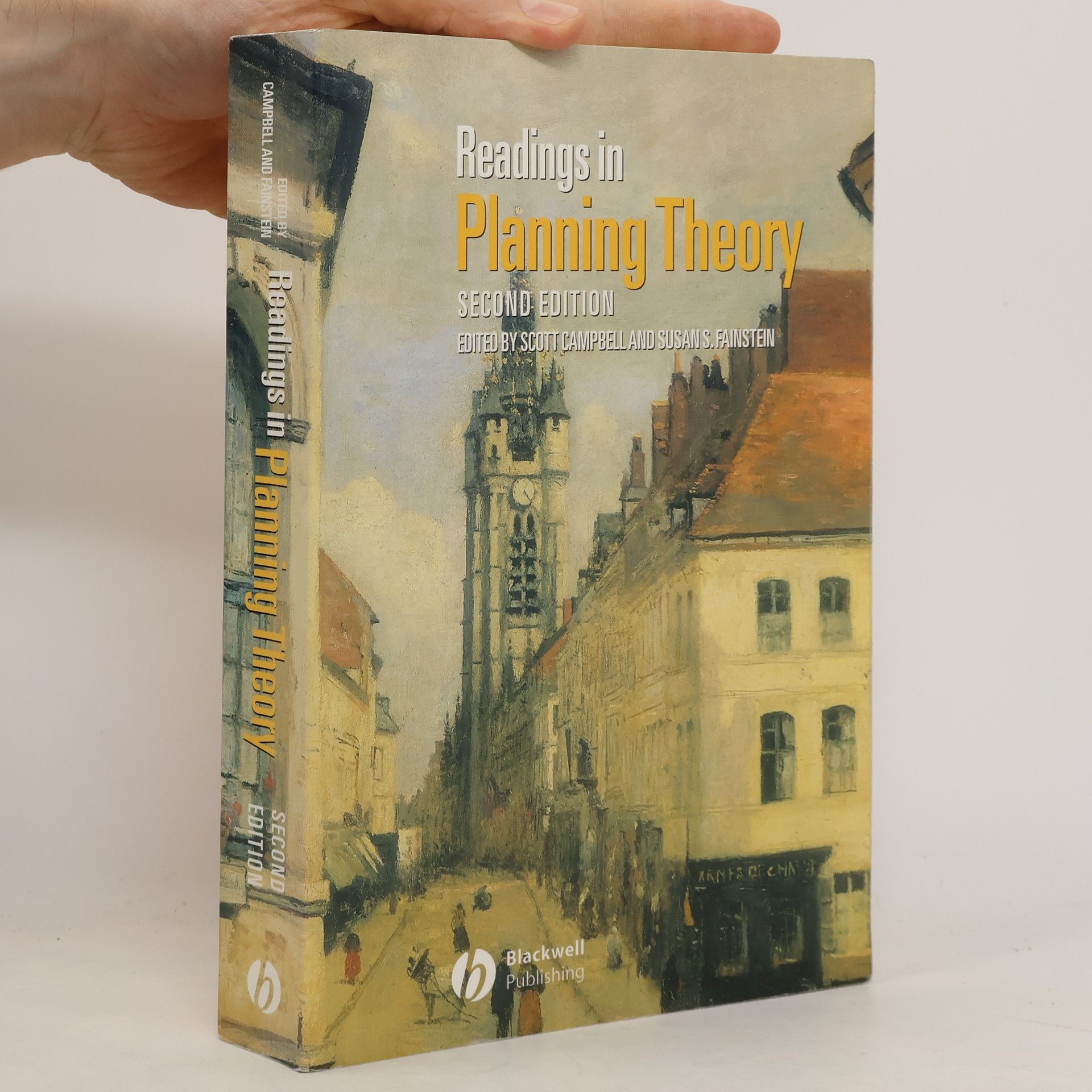Readings in Planning Theory - Second Edition
- 488 páginas
- 18 horas de lectura
The second edition of this very successful volume examines the current state of planning theory and the new directions it has taken in recent years.
Susan S. Fainstein es una teórica política y académica especializada en planificación urbana, cuyo trabajo se centra en el concepto de la ciudad justa. Su investigación examina los efectos distributivos de las estrategias de desarrollo urbano y los megaproyectos. También explora el papel de la democracia y el control comunitario dentro de las instituciones públicas locales. Fainstein se esfuerza por establecer una teoría moral de la ciudad justa, enfatizando la equidad y la justicia social.

The second edition of this very successful volume examines the current state of planning theory and the new directions it has taken in recent years.